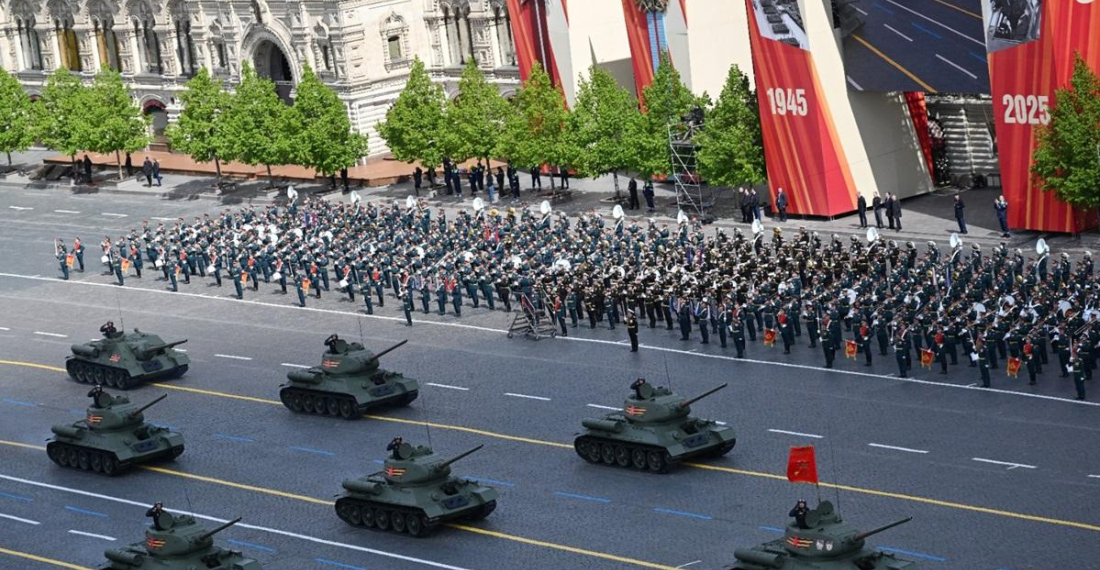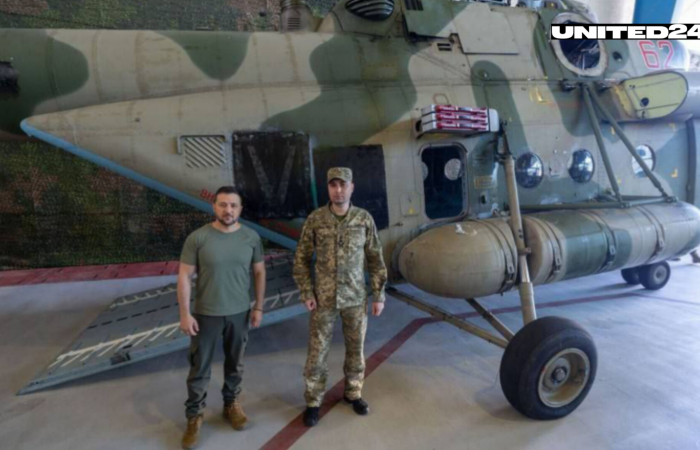Russia marked the 80th anniversary of the defeat of Nazi Germany in World War II with a massive military parade on Red Square on Friday attended by President Vladimir Putin and foreign leaders, including Chinese President Xi Jinping and Brazilian President Luiz Inácio Lula da Silva. The parade and other ceremonies underline Moscow’s efforts to project its global power and cement the alliances it has forged while seeking a counterbalance to the West amid the conflict in Ukraine that has dragged into a fourth year.
Worlw War II is a rare event in the nation’s divisive history under Communist rule that is revered by all political groups, and the Kremlin has used that sentiment to encourage national pride and underline Russia’s position as a global power. The Soviet Union lost 27 million people in what it calls the Great Patriotic War in 1941-45, an enormous sacrifice that left a deep scar in the national psyche.
Speaking at the parade, Putin hailed Russian troops fighting in Ukraine, saying that “we are proud of their courage and determination, their spiritual force that always has brought us victory.”
The parade featured over 11,500 troops and more than 180 military vehicles, including tanks, armored infantry vehicles and artillery used on the battlefield in Ukraine. As a reminder of Russia’s nuclear might, launchers for the Yars nuclear-tipped intercontinental ballistic missiles rolled across Red Square.
Fighter jets of Russian air force’s aerobatic teams flew by in close formation followed by jets that trailed smoke in the colors of the national flag. The parade was the largest since Moscow sent troops into Ukraine in February 2022 and had the highest attendance by global leaders in a decade.
Afterwards, Putin shook hands with Russian military officers who led the troops on Red Square and spoke to a group of medal-bedecked senior North Korean officers who watched the parade, hugging one of them.
Festivities this year were overshadowed by Ukrainian drone attacks targeting Moscow and severe disruptions at the capital’s airports. Russian flag carrier Aeroflot on Wednesday morning canceled more than 100 flights to and from Moscow, and delayed over 140 others as the military were repelling repeated Ukrainian drone attacks on the capital.
Putin had declared a unilateral 72-hour ceasefire starting May 7 to coincide with the Victory Day celebrations, but warned that Russian troops will retaliate to any attacks. Moscow has been reluctant to accept a U.S.-proposed 30-day truce that Ukraine has accepted, linking it to a halt in Western arms supplies to Ukraine and Kyiv’s mobilization effort, conditions Ukraine and its Western allies have rejected.
As the Red Square parade and other festivities unfolded in Moscow, dozens of European officials were meeting in Lviv, in western Ukraine, to endorse the creation of a special tribunal tasked to prosecute Russian officials accused of war crimes. “Today, we celebrate Europe Day with Ukraine and its people,” EU foreign policy chief, Kaja Kallas, wrote on X, adding that “we stand united with Ukraine for a lasting peace.”






